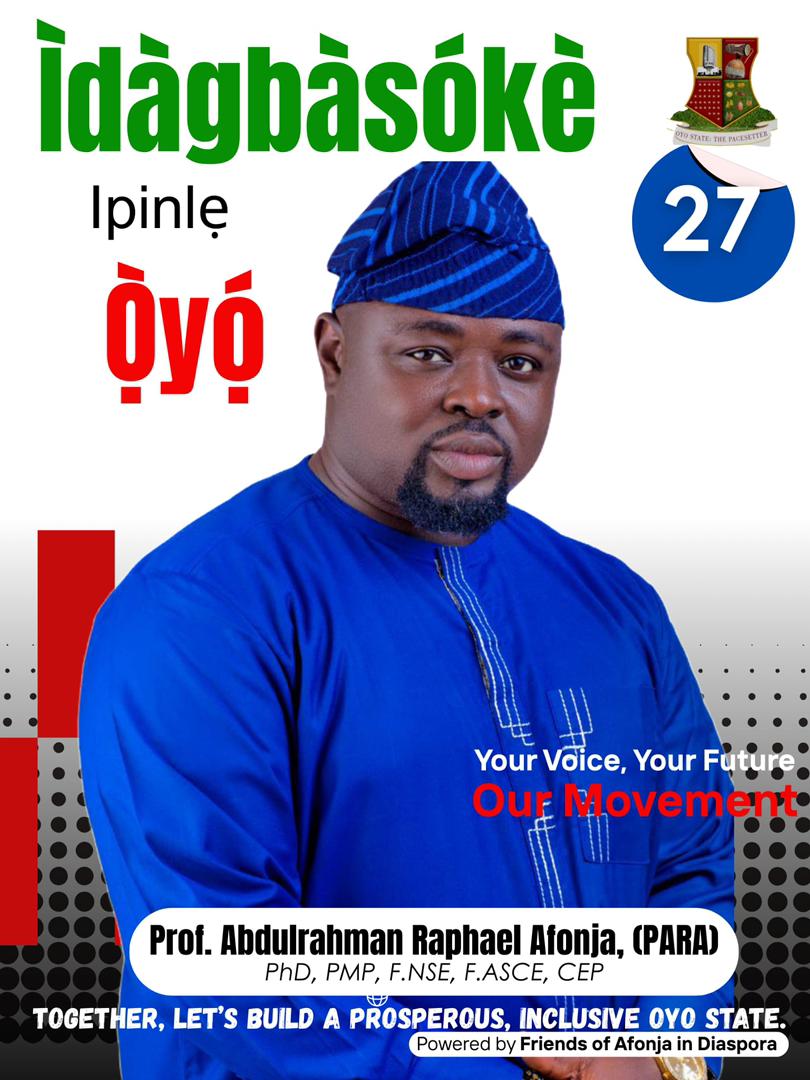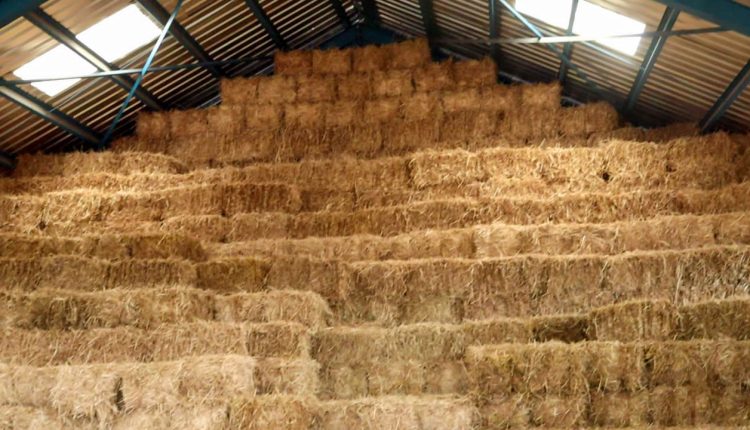Farmer-Herder Conflict: Oyo Takes Lead In Providing The Solution | Daramola Fisayo
FARMER-HERDER CONFLICT: OYO TAKES LEAD IN PROVIDING THE SOLUTION

The recent impact of climate change is exacerbating the already existing open grazing pastoral systems in Nigeria. Over the years, the drought and desertification in the northern part of the country contributed to the pastoralist herdsmen seeking grazing lands further in the southern part, resulting in competition over resources and clashes with settled farmers.
In Oyo State, farmers and herders conflict has resulted in significant loss of lives and livelihoods, raising tensions, undermining food security, the proliferation of small arms, displacement of large numbers of people, and diverting resources meant for development in the state.
The Oyo State government, like some other states in Nigeria, has banned open grazing by herders, however, this has not solved the crisis, with herders constantly flouting the law and grazing on farms. The farmer/herder crisis is a major problem plaguing the entire country and is in dire need of a solution.
The Oyo State government, with the revival and upgrading of Fasola Farm into an Agribusiness Industrial Hub, has given local livestock farmers a sign of impending relief. The conversion of a major part of the Fasola Agribusiness Industrial Hub to a world-class livestock transformation center has opened the door to a new life in livestock rearing in Nigeria.

Aside from the center providing quality seeds, capacity development, and modern livestock farm machinery, the introduction of standard low, medium,m, and high-end ranches along with pasture production for commercial purposes at the Fasola hub would go a long way in reducing the farmer and herders’ crisis.
One of the primary and key root causes of the farmer-herder crises is the lack of enough pasture for cattle which is scarce during the dry season, the critical component of livestock development either for meat or dairy is the food they consume. This provision of adequate pasture during the dry season will ultimately eradicate the need to graze into crop farms and as such avoid clashes. The planting of high-quality feed also known as hay on a large scale and a short-term planting period of two months at the Fasola hub as against 2years in most other countries is a major paradigm shift that should guide further the policy and programs on livestock rearing in Nigeria.

Presently at Fasola farm, there is a massive production of animal feed that was once only seen in the developed countries or Southern part of Africa. In the pilot phase, over 200 hectares of Bracharia were planted, Brachiaria grass is one of the best tropical forages for nutritive value, livestock productivity, and climate change adaptation. It is suitable for both grazing and cut and carry systems and has been harvested and turned into hays prepared for animal consumption in the ranches at Fasola during the dry season and also sold to neighboring livestock rearers for their animal consumption during the dry season. This is providing a lesson to a paradigm shift from the usual open grazing of animals to ranching.
While hay farming at Fasola farm offers significant benefits to cattle, it’s essential to recognize that it’s just one component of a holistic approach to proper animal husbandry, proper nutrition, access to clean water, appropriate housing, healthcare, and ethical treatment as well as discouragement to open grazing.
Commercial planting of Brachiaria grass and subsequent storage for sale during the dry season as being demonstrated at Fasola should be a model that should be encouraged by all states in Nigeria to reduce the incessant and unnecessary conflicts and to develop a new exportable material for foreign exchange earning as this hay is in high demand by many countries with less agroecological advantages as Nigeria.
The recent World Bank Group visit to Fasola Hub affirms this position. The World Bank has because of this classified the hub as one of the first three locations in Nigeria that will be designated as its key livestock transformation center under its Livestock Productivity and Resilience Support Project.
With this, Fasola Livestock Transformation Center is now showing the way for Nigeria how to go about resolving the incessant conflict between livestock and crop farmers through pragmatic action that complements the policy on anti-open grazing. This will be another legacy that Engr. Seyi Makinde’s administration will leave for Nigeria.
Daramola Fisayo writes from Oyo State
...For the latest news update, Subscribe to our Whatsapp Channel (Click Here) and join our Telegram Update Group (Click Here)

You can also advertise your Product and Services on our page for more patronage
Contact us today by sending your Stories, Articles, Events, and Eyewitness Reports for publications as well as products and services for advertisement to westerndailies2018@gmail.com or WhatsApp (+2348058448531) for more information






